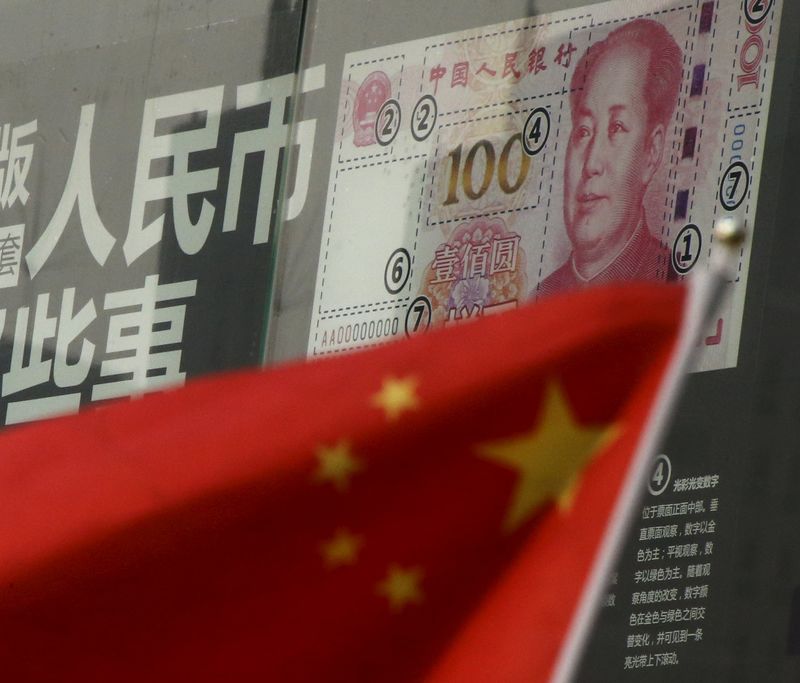Investing.com — Most Asian currencies retreated on Tuesday tracking softer-than-expected Chinese import data, while the dollar firmed ahead of more cues on the U.S. economy from key inflation data due this week.
fell 0.1% as data showed China’s fell more than expected in April, indicating that local demand in the country remained dim despite a post-COVID reopening.
While grew more than expected, they still expanded at a slower pace from the prior month, further pointing to a mixed economic recovery in the country as the local manufacturing sector struggles.
Weak Chinese demand also bodes poorly for countries with large trade exposure to China. A slew of Southeast Asian currencies softened on that notion, with the and the losing 0.6% and 0.4%, respectively.
A deepening also weighed on the peso.
Broader Asian currencies also fell, with caution kicking in before key U.S. inflation data on Wednesday. The lost 0.2%, while the fell 0.1%.
The was flat as data showed the country’s slowed in the first quarter of 2023, amid increasing pressure from and .
The was flat after tumbling sharply from a near two-month high hit earlier in May. Bank of Japan Governor Kazuo Ueda reiterated that monetary policy is likely to remain dovish in the near-term, heralding little support for the yen.
and also slowed in March, data showed on Tuesday, indicating continued pressure on the Japanese economy.
Safe haven demand for the Japanese currency was hit by easing fears of a U.S. banking crisis, as a showed that the recent collapse of several banks had a limited impact on loan activity.
Treasury Secretary Janet Yellen also said that U.S. bank deposits had largely stabilized from the turmoil seen earlier in the year.
The dollar firmed on this notion, with the and rising 0.1% each in Asian trade, extending gains from the overnight session.
due Wednesday is expected to show that price pressures eased slightly in April from the prior month. But any signs of stubborn inflation could elicit a hawkish response from the Fed, which recently flagged a more data-driven approach to .
Read the full article here










